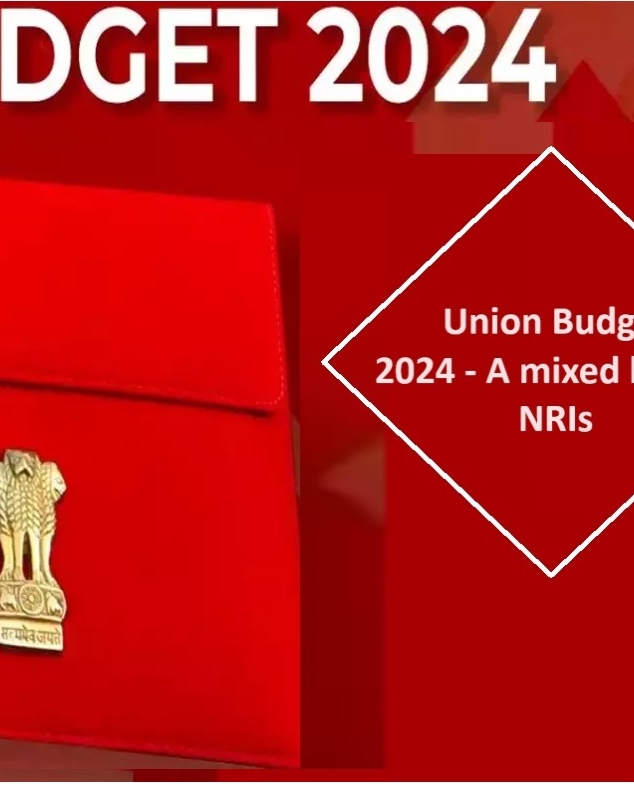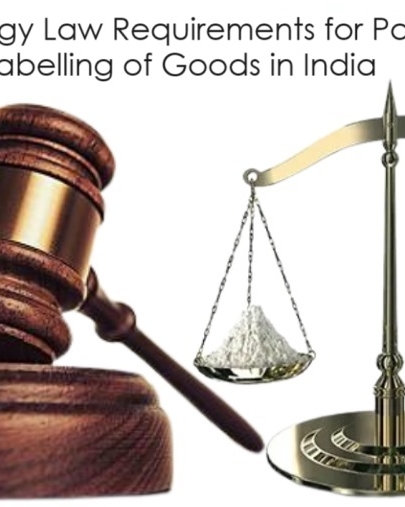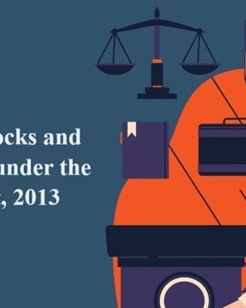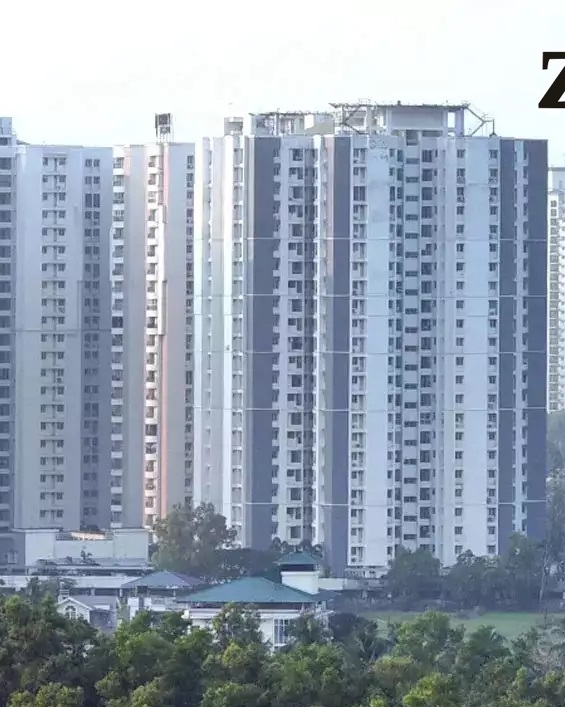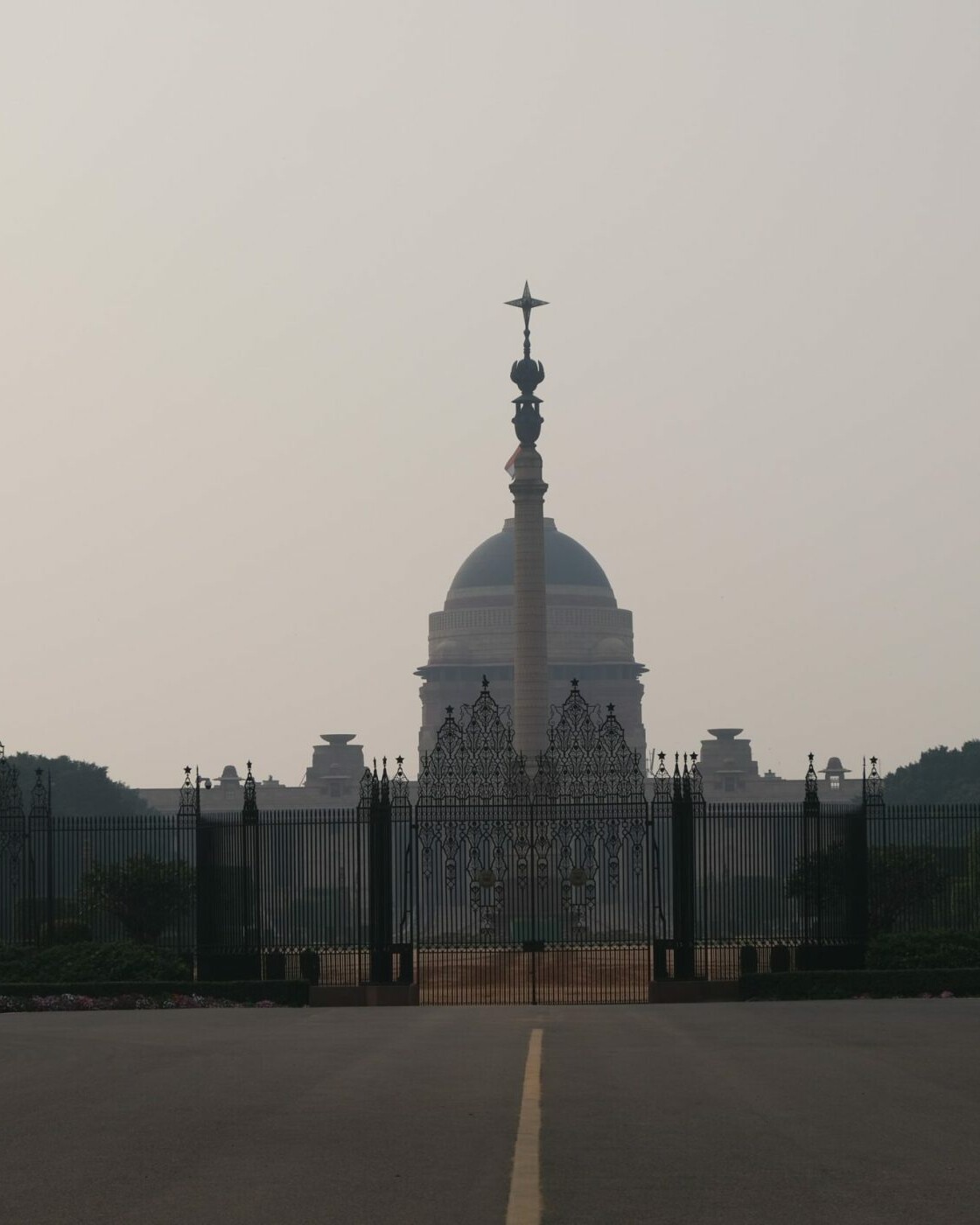Advance Medical Directive’ Or ‘Living Will’- Decoded
Author: Jayshree Navin Chandra, Senior Partner and Mona Dewan, Managing Associate, ZEUS Law Associates
Published in Live Law on 09th August 2023
The unpredictability of life during the COVID 19 pandemic that affected almost all countries around the world, reinforced the requirement and created an awareness among people about the importance of succession planning and writing their Wills well in time. A Will is a document whereby a testator devises the bequest plan of his estate which comes in effect upon the demise of the testator. In contrast, an advance medical directive commonly known as ‘Living Will’, which has gained ground throughout the world, comes into effect during the lifetime of the person executing it.
Advance medical directive essentially are the written legal instructions regarding the preferences for medical treatment if one is unable to make decisions for himself in case, he becomes incapacitated. An Advance medical directive spells out the medical treatments one would or would not want to be used to keep himself alive.
In India, there has been lot of discussion on advance medical directives post the judgement of Hon’ble Supreme Court of India in the matter “Common Cause v. Union of India” [(2018) 5 SCC 1] wherein the Supreme Court laid down guidelines for executing advance medical directive. In this matter, the constitution bench comprising of the then Chief Justice of India Dipak Misra, Justice A. M. Khanwilkar, Justice A. K. Sikri, CJI Dr. D. Y. Chandrachud and Justice Ashok Bhushan, by way of declaration recognized the person’s right to make an advance directive about the course of his or her medical treatment including the removal of life support if such a situation arises.
Justice Misra and Justice Khanwilkar observed that where a patient has already made a valid advance directive which is free from reasonable doubt and specifying that he/ she doesn’t wish to be treated, then such directive has to be given effect to. Right to life and liberty as envisaged under Article 21 of the Constitution is meaningless unless it encompasses within its sphere individual dignity.
Justice Sikri in his concurring view observed that “The possibility of misuse could not be held to be a valid ground for rejecting advance directive, as opined by Law Commission of India as well in its 196th and 241st Report. Instead, attempt could be made to provide safeguards for exercise of such advance directive”.
In this matter, the Supreme Court spelt out the safeguards in respect of advance medical directives and issued guidelines and directions regarding who can execute the advance medical directive and how, what should an advance medical directive contain, how should an advance medical directive be recorded and preserved and what should be the course of action if the permission to withdraw medical treatment is refused by the medical board. An advance medical directive can be executed only by an adult who is of a sound and healthy state of mind and in a position to communicate, relate and comprehend the purpose and consequences of executing the document. It should be voluntarily executed, without any coercion, inducement or compulsion and after having full knowledge or information and should have characteristics of an informed consent given without any undue influence or constraint.
However, the complexity of the procedure laid down and difficulties faced by a large number of doctors in implementing the directions laid down by the Supreme Court led to filing of an application by Indian Society of Critical Care Medicine seeking clarifications on the 2018 Supreme Court judgment. The Supreme Court vide its clarificatory order dated 24th January 2023, modified the guidelines for making an advance medical directive and the process of removal of (or withholding) life support from terminally ill patients.
As per the clarificatory order, an advance medical directive document should be in writing and signed by the executor/ executrix in the presence of two attesting witnesses, preferably independent, and attested before a notary or Gazetted Officer. The witnesses and the notary or Gazetted Officer have to record their satisfaction that the document has been executed voluntarily and without any coercion, inducement or compulsion and with full understanding of all the relevant information and consequences.
Further, it must expressly state the decision about the situations in which withholding or discontinuing medical treatment may be used. The decision of the executor/ executrix should be stated clearly and unambiguously in precise language. Under the advance medical directive, the executor/ executrix should make it clear that they are aware of the implications of carrying out the document. Further, an advance medical directive should specify the name of a guardian(s) or close relative(s) (“Nominee(s)”), who will be authorized to give consent to refuse or withdraw medical treatment in a manner consistent with the advance directive in the event of the executor becoming incapable of taking decision at the relevant time. The executor’s right to revoke the authorization at any time must also be expressly mentioned in the advance directive. The most recent duly executed advance directive will be regarded as the last statement of the patient’s desires and will be implemented if there are multiple valid advance directives that have not all been cancelled.
The executor/ executrix should inform and hand over a copy of the advance directive to the Nominee(s) named as decision makers in advance directive as well as to the family physician, if any. A copy of the same is also required to be handed over to the custodian (competent officer of the local Government or Municipal Corporation or the Municipality or Panchayat, as the case may be). The executor/ executrix may also choose to incorporate their advance directive as a part of the digital health records, if any.
The treating physician, when made aware of advance directive of a terminally ill patient with no hope of recovery, is to ascertain its genuineness and authenticity with reference to the digital records of the executor/ executrix, or from the custodian. The treating physician after being satisfied that the directive needs to be acted upon, is required to inform the Nominee(s) about the nature of illness, the availability of medical care and consequences of alternative forms of treatment and the consequences of remaining untreated. He also needs to ensure that such Nominee(s) understand the content of advance directive, the options available and have arrived at a firm view that withdrawal or refusal of medical treatment is the best choice, after considering all options.
The hospital is required to constitute the Primary Medical Board comprising of the treating physician and at least two subject experts of the concerned specialty. This board is required to give its preliminary opinion within time prescribed, certifying whether to proceed with the instructions of the advance directive. Thereafter, the hospital is also required to constitute a secondary medical board comprising of a registered medical practitioner nominated by the chief medical officer of the district and at least two other subject experts in the concerned specialty and the board is required give its decision. The secondary medical board is also required to ascertain whether the executor is capable of communicating and understanding the consequences of their advance directive and if not seek consent from the Nominee(s). In cases where the primary medical board takes a decision not to follow an advance directive, the Nominee(s) can also request the hospital to refer the case to the secondary medical board for consideration and for passing appropriate directions on the advance directive.
The hospital has to convey the decision of the primary and secondary medical boards and the consent of the Nominee(s) to the judicial magistrate of first class before giving effect to the decision to withdraw the medical treatment administered to the executor/ executrix.
The treating doctor/ Nominee(s) or the hospital staff have the option to file a writ petition at the jurisdictional high court if permission to withdraw treatment is denied by the secondary medical board.
The Supreme Court in its order also modified the process to be followed in cases where the patient is terminally ill and undergoing prolonged treatment for his ailment which is incurable and no hope of being cured but does not have an advance medical directive.
The framework prescribed by the Hon’ble Supreme Court for making and effectuating an advance directive is a welcome step. However, it must be remembered that this framework is only an enabling mechanism and the possibility of misuse of advance directive cannot be ruled out. Life is precious. Therefore, it is important that the executor/ executrix while writing their advance directive carefully weigh all options and deliberate each aspect and decisions about future care and medical treatment as they would be empowering someone to take the decisions forward.
****








